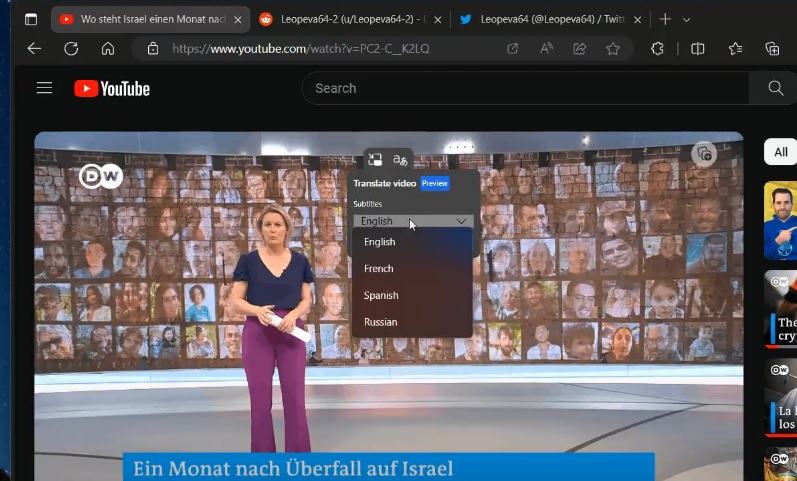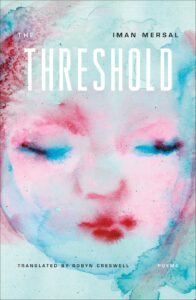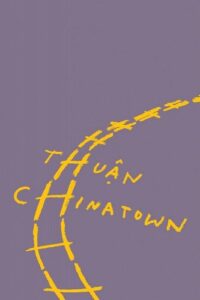Developers hope that a new Tibetan language AI software tool will help preserve Tibetans’ vast repository of cultural heritage, including literature, history, music and Buddhist texts against ever-encroaching efforts by China to erode the Tibetan language, including banning Tibetan language instruction in schools in some areas.
Tibetan is widely spoken in the Himalayan region, used not only in the Tibet Autonomous Region, but also in western parts of China, northern Pakistan, Nepal, Bhutan and parts of India. But its 30-letter syllabic alphabet, script format, lack of punctuation and several dialects can make translation difficult.
Considered a breakthrough in Tibetan education software development, the software created by the Monlam Tibetan IT Research Centre uses artificial intelligence to translate written and spoken Tibetan into English, Chinese and other languages faster and more accurately than any existing translation software.
The final prototype of the software, dubbed Monlam AI, was presented to the Dalai Lama, the spiritual leader of Tibetan Buddhism, on Nov. 3, in Dharamsala, India, according to the Central Tibetan Administration, the formal name of the government-in-exile.
“One of the many capabilities of this AI tool is that it will increase the efficiency and accuracy of translating Tibetan religious texts, teachings and literary writings,” said Geshe Lobsang Monlam, founder and CEO of the center.
“Also, in the initial phase of experimenting with this AI tool, some Tibetan and non-Tibetan translators have observed that these tools will not only speed up the process, but also facilitate a better setting in this fast-evolving environment,” Lobsang said.
Technically speaking, the software offers users access to four machine learning models comprising machine translation, optical character recognition, speech-to-text and text-to-speech functionalities.
Developers are also working on other functionalities to recognize Tibetan religious manuscripts within images carved on wood and convert them into machine-encoded text, he said.
“The launch of Monlam AI represents a significant step forward for the Tibetan community, as it embraces modern technology to preserve its cultural heritage and facilitate communication in the digital age,” said a statement issued by the Tibet Rights Collective, an India-based advocacy and policy research group that aims to increase access to information about Tibetan politics, culture and language.
Chinese officials have denied any human rights violations against Tibetans or efforts to prevent them from practicing Buddhism.
Lobsang founded his company in April 2012 to focus on developing software, fonts and other digital tools related to the Tibetan language and culture.
He contributed to the design or standardization of fonts — which play a crucial role in representing written languages on computers and other digital platforms — for Tibetan script, developing the first Monlam Tibetan Font in 2005.
In 2022, Lobsang and a team of more than 150 editors and staff published the Grand Monlam Tibetan Dictionary, containing Tibetan-language definitions for over 360,000 words and that in print format totaled 223 volumes. The dictionary has given rise to 37 apps and a website.
The nine-year project, undertaken with support from the Dalai Lama Trust, has helped preserve and disseminate Tibetan Buddhist teachings and served as a reference tool for general use.
Translated by Tenzin Dickyi for RFA Tibetan. Edited by Roseanne Gerin and Malcolm Foster.











